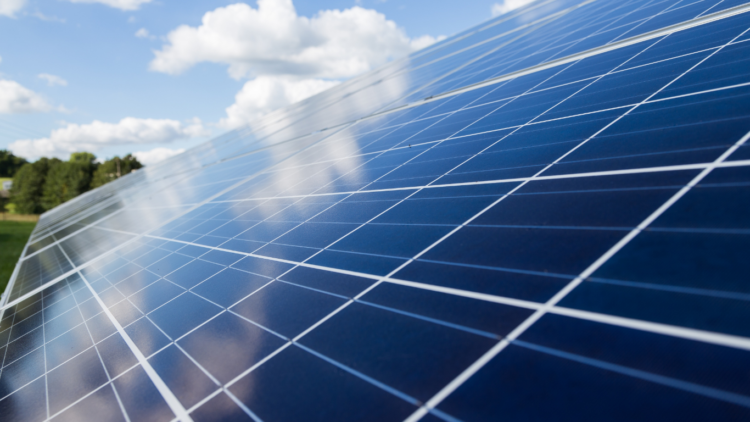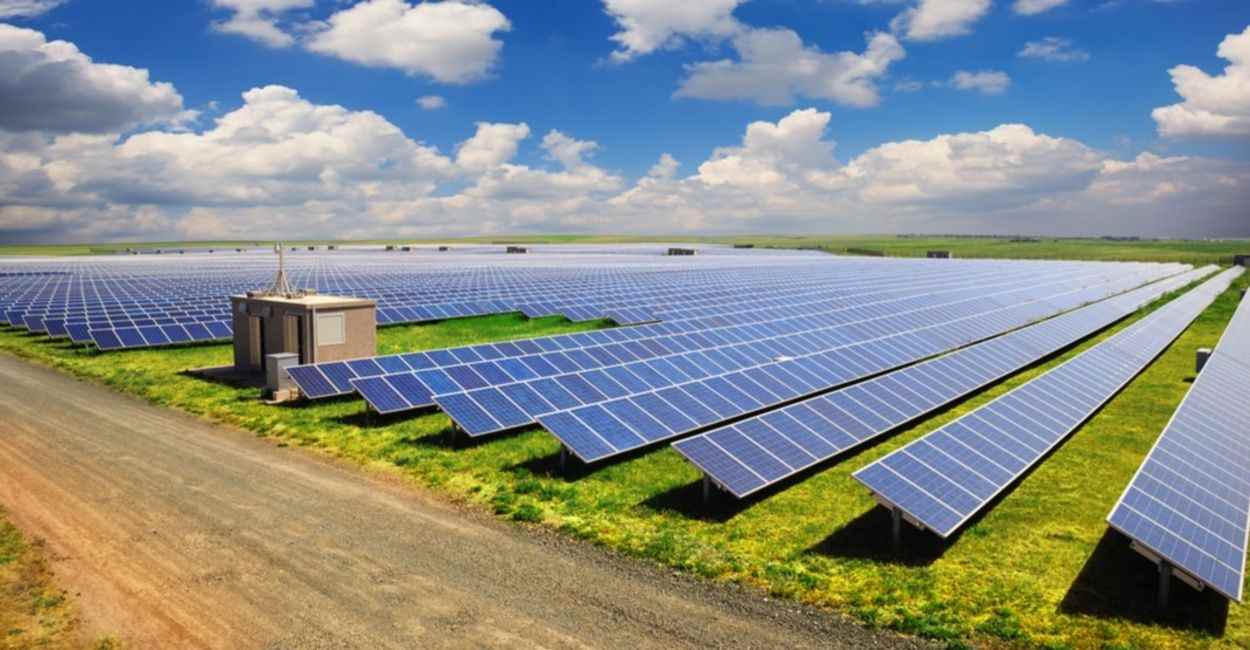Learn how Solar Panels can dramatically reduce your electricity bills.
Learn how Solar Panels can dramatically reduce your electricity bills.
Blog Article
The Ultimate Guide to Picking the most effective Solar Panels
Picking the suitable photovoltaic panels is a complex choice that exceeds simple aesthetic appeals or cost. It includes a cautious evaluation of various kinds, consisting of monocrystalline, polycrystalline, and thin-film options, each presenting unique advantages and drawbacks. Comprehending performance scores, expenses, and installment requirements is important for making an informed selection that straightens with your power demands and budget plan. As the landscape of solar modern technology proceeds to progress, the implications of your choice can have long lasting effects-- both economically and ecologically. What aspects should you focus on to make sure optimum performance and sustainability?
Recognizing Photovoltaic Panel Kind

Monocrystalline panels are built from a single crystal framework, supplying high efficiency and space-saving advantages. They normally do well in low-light problems and have a longer life expectancy, making them a popular choice for residential installments - Solar Panels. On the other hand, polycrystalline panels make up several crystal structures, causing a slightly lower performance price. They are usually much more inexpensive and can be a feasible alternative for larger setups where room is less of a problem.
Thin-film solar panels are made from a range of materials, consisting of cadmium telluride and amorphous silicon. They are light-weight and flexible, permitting special applications, such as integration into building materials. They have a tendency to have lower effectiveness rates contrasted to crystalline panels, their installment expenses and flexibility can make them an attractive choice for specific tasks.
Comprehending these kinds will encourage you to make informed decisions based upon your energy needs and spending plan considerations.

Reviewing Effectiveness Ratings
Examining performance ratings is essential for choosing photovoltaic panels that line up with your power objectives. The effectiveness of a solar panel indicates the portion of sunlight converted into usable electrical power. Higher efficiency rankings imply that panels can generate more power in a provided area, making them particularly important for installations with limited area.
Common photovoltaic panel performances vary from 15% to over 22%. When comparing alternatives, it is necessary to consider the kind of solar technology used, as monocrystalline panels normally offer higher performance than polycrystalline panels. However, efficiency is not the sole standard; variables such as setup orientation, shading, and regional climate can substantially affect overall performance.
Higher performance panels might offer much better returns on financial investment, especially in areas with high electrical energy expenses or limited installation area. It's advisable to look for panels with a strong performance warranty, as this can give added assurance of their long life and performance.
Contrasting Costs and Guarantees
Cost and warranty factors to consider are crucial components in the photovoltaic panel option process. When evaluating solar panels, the upfront cost is a main worry. Rates can vary substantially based on the brand, innovation, and effectiveness ratings of the panels. High-efficiency panels might have a higher initial investment however can cause higher lasting savings through increased energy production. It is crucial to evaluate the overall worth as opposed to just the sticker price.
A lot of trusted solar panels come with two kinds of guarantees: performance and product. Performance service warranties normally ensure a specific result level for 25 years, guaranteeing that the panels will maintain their effectiveness over time.
When contrasting prices and service warranties, take into consideration the long-term ramifications of both. A lower-priced panel with a brief guarantee might end up being more costly if performance decreases or fixings are needed faster than anticipated. As a result, it's this website vital to balance first expenses with the security used by robust guarantee choices.
Setup Considerations

Next, consider the orientation and tilt of the solar panels. Preferably, panels must be placed to make best use of sunlight direct exposure throughout the day. South-facing setups typically generate the greatest power production, but eastern and west alignments can additionally be efficient depending on your energy needs.
Additionally, regional building codes and guidelines need to be reviewed before installment. Allowing demands can vary considerably by location, and conformity is important to prevent prospective penalties or obligatory removals.
Last but not least, working with a certified expert for installment is important (Solar Panels). Experienced installers will certainly ensure that the system is correctly placed, linked, and certified with all safety criteria. This choice can ultimately boost the durability and performance of your solar energy system, making it Your Domain Name a rewarding investment for your renewable energy demands
Maintenance and Longevity
Correct maintenance is important for ensuring the long life and optimum performance of photovoltaic panels. Routine inspections and cleaning are important components of this upkeep program. Dust, debris, and snow accumulation can significantly hamper power production, so it is recommended to clean up the panels occasionally, preferably every 6 months or after substantial weather events.
Additionally, checking the system's performance through a solar tracking app or device enables house owners to identify any type of decrease in power result that might indicate problems needing attention. It's likewise prudent to look for any kind of indications of wear or damage, such as fractures in the panels or corrosion in the circuitry. Investing in top notch photovoltaic panels frequently comes with longer service warranties, typically varying from 25 to 30 years, which can serve as an indicator of their expected longevity.
Routine professional inspections can further enhance the life expectancy of your solar power system, making certain that any kind of potential problems are resolved promptly (Solar Panels). By sticking to these upkeep techniques, home owners can optimize not just the effectiveness of their solar panels however likewise their return on investment throughout the years, adding to a sustainable energy future
Final Thought
Finally, selecting the optimal photovoltaic panels necessitates a detailed assessment of different factors, consisting of panel types, effectiveness scores, prices, and service warranties. Setup considerations and recurring upkeep play vital duties in ensuring the long life and effectiveness of the solar power system. By prioritizing high-quality products and professional installation, people and organizations can make her comment is here best use of energy savings and add to lasting energy practices. This educated strategy inevitably results in a much more reliable change to eco-friendly energy solutions.
Report this page